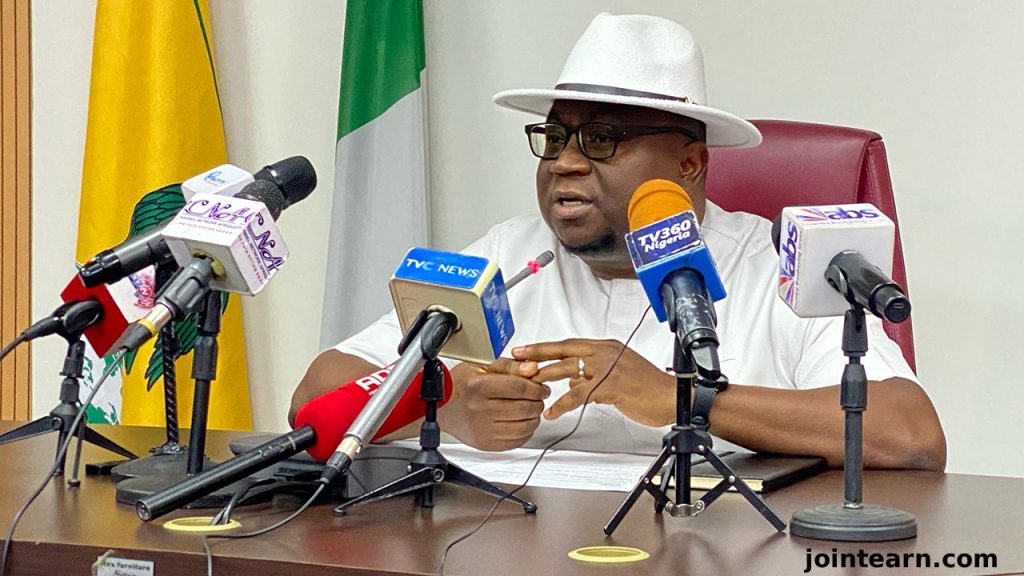
The Nigerian Federal Government has vehemently rejected the decision by U.S. President Donald Trump to designate the country as a “Country of Particular Concern,” calling the allegations of widespread Christian killings inaccurate.
The Ministry of Foreign Affairs, in a statement on Saturday by its spokesperson, Kimiebi Ebienfa, asserted that the claims do not reflect the reality within the nation.
“The Federal Government of Nigeria notes the recent remarks by US President Donald Trump alleging large-scale killings of Christians in Nigeria… These claims do not reflect the situation on the ground. Nigerians of all faiths have long lived, worked, and worshipped together peacefully,” the ministry stated.
Government’s Rebuttal and Commitment
While acknowledging global concerns for human rights, the government firmly dismissed the specific accusations. The statement outlined Nigeria’s position under President Bola Tinubu’s administration, emphasizing a commitment to three key areas:
- Fighting terrorism and insecurity.
- Strengthening interfaith harmony.
- Protecting the lives and rights of all citizens.
The government also pledged to continue “constructive engagement” with the United States to foster a better understanding of regional security dynamics and Nigeria’s own peacekeeping efforts.
Background of Trump’s Declaration
The rejection follows President Trump’s announcement on his Truth Social platform on Friday, which was later shared on the official White House X (formerly Twitter) account.
In his post, Trump declared, “Christianity is facing an existential threat in Nigeria,” and attributed a “mass slaughter” to “Radical Islamists.” He stated that making Nigeria a “Country of Particular Concern” was “the least of it” and called for immediate congressional investigation.
“I am asking Congressman Riley Moore, together with Chairman Tom Cole and the House Appropriations Committee, to immediately look into this matter, and report back to me,” Trump said, adding that the U.S. “cannot stand by while such atrocities are happening.”
This international scrutiny coincides with a recent call from the European Parliament’s Committee on Foreign Affairs for stronger protection of vulnerable communities and greater accountability in addressing violence across Nigeria.


Leave a Reply